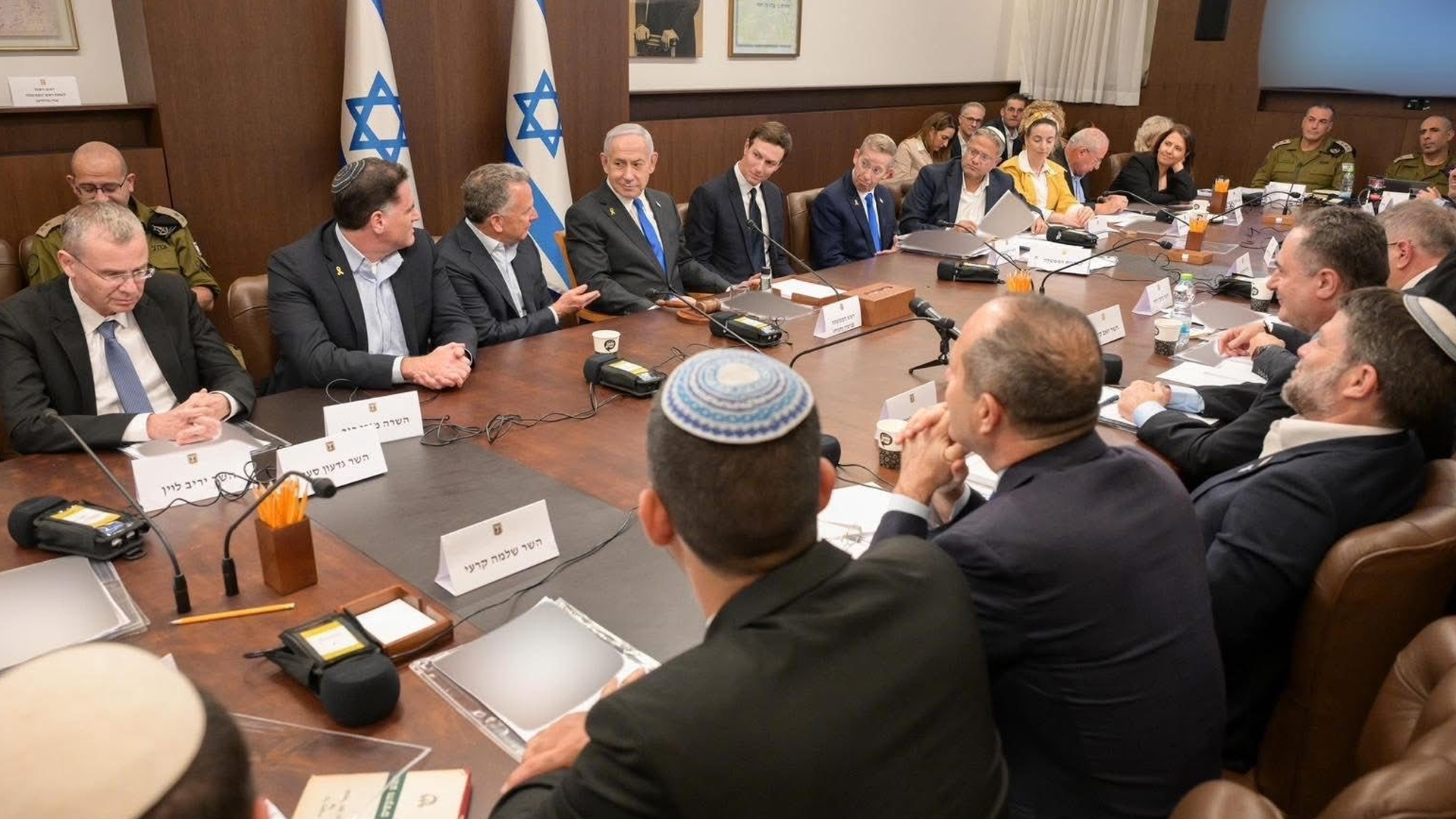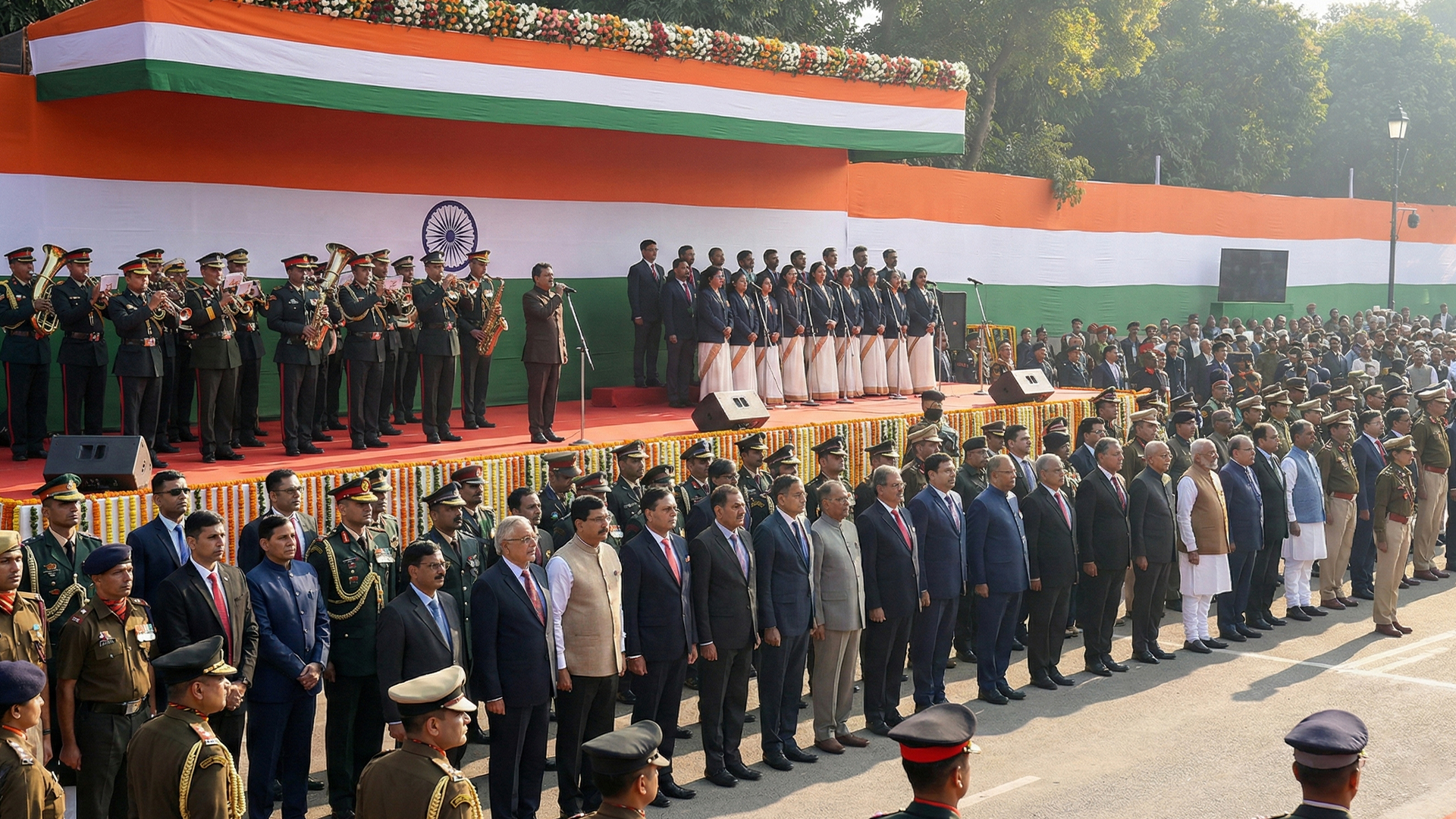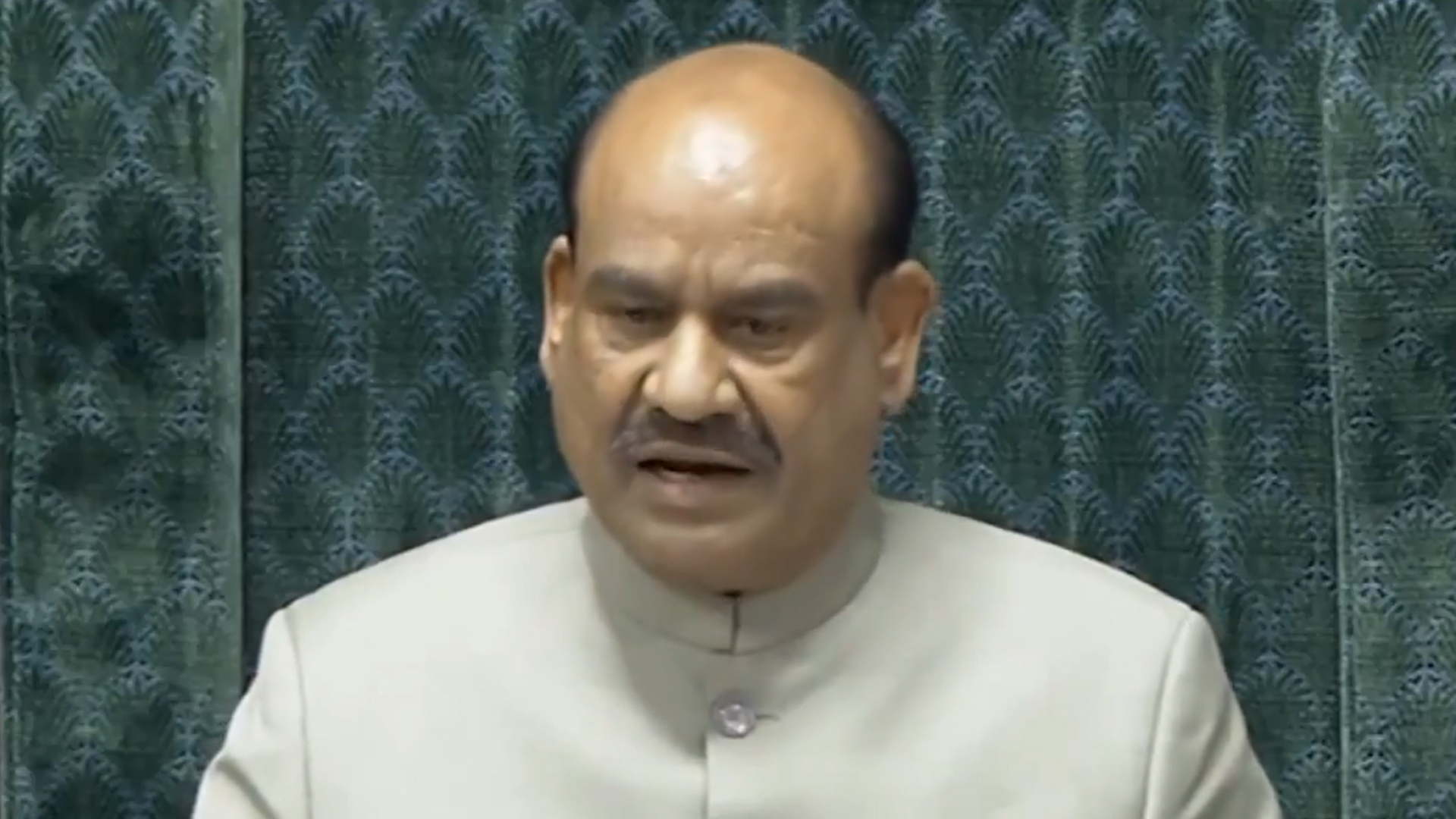Israel’s security cabinet has approved the “outline” of a deal aimed at securing the release of hostages held by Hamas, marking a significant step toward de-escalating the prolonged conflict in Gaza. The approval came after extensive negotiations, including a six-hour cabinet debate, and is part of a broader ceasefire initiative brokered by U.S. President Donald Trump.
A brief statement from Prime Minister Benjamin Netanyahu’s office confirmed the cabinet’s approval, noting that the deal focuses on the release of all remaining Israeli hostages, both living and deceased. However, the statement did not provide specific details about the terms of the agreement or the number of hostages involved. The approval is considered a crucial development in the ongoing efforts to address the hostage crisis and de-escalate tensions between Israel and Hamas.
Under the terms of the deal, Israeli troops are expected to begin withdrawing from parts of Gaza within 24 hours. Following the withdrawal, a 72-hour window will commence during which Hamas is to release 20 living hostages and the remains of 28 others. In exchange, Israel is set to release approximately 2,000 Palestinian prisoners, including 250 serving life sentences. The United States has committed to providing logistical support through a coordination center in Israel to oversee the implementation of the ceasefire, though no U.S. troops will be deployed in Gaza.
The deal has been hailed as a significant breakthrough after two years of intense conflict. President Trump described the agreement as “momentous,” emphasizing its potential to pave the way for lasting peace in the region. He also expressed intentions to travel to Egypt for a signing ceremony, underscoring the international support for the agreement.
Despite the optimism surrounding the deal, challenges remain. Key issues such as the disarmament of Hamas, the future governance of Gaza, and the reconstruction of the war-torn region have yet to be addressed. The first phase of the ceasefire is seen as a critical step, but the long-term success of the agreement will depend on sustained international engagement and political will from all parties involved.
As the situation develops, both Israeli and Palestinian leaders, along with international mediators, will continue to work toward resolving the remaining issues and ensuring the stability of the ceasefire.
Also Read: 7.4 Magnitude Quake Hits Southern Philippines, Kills Two






